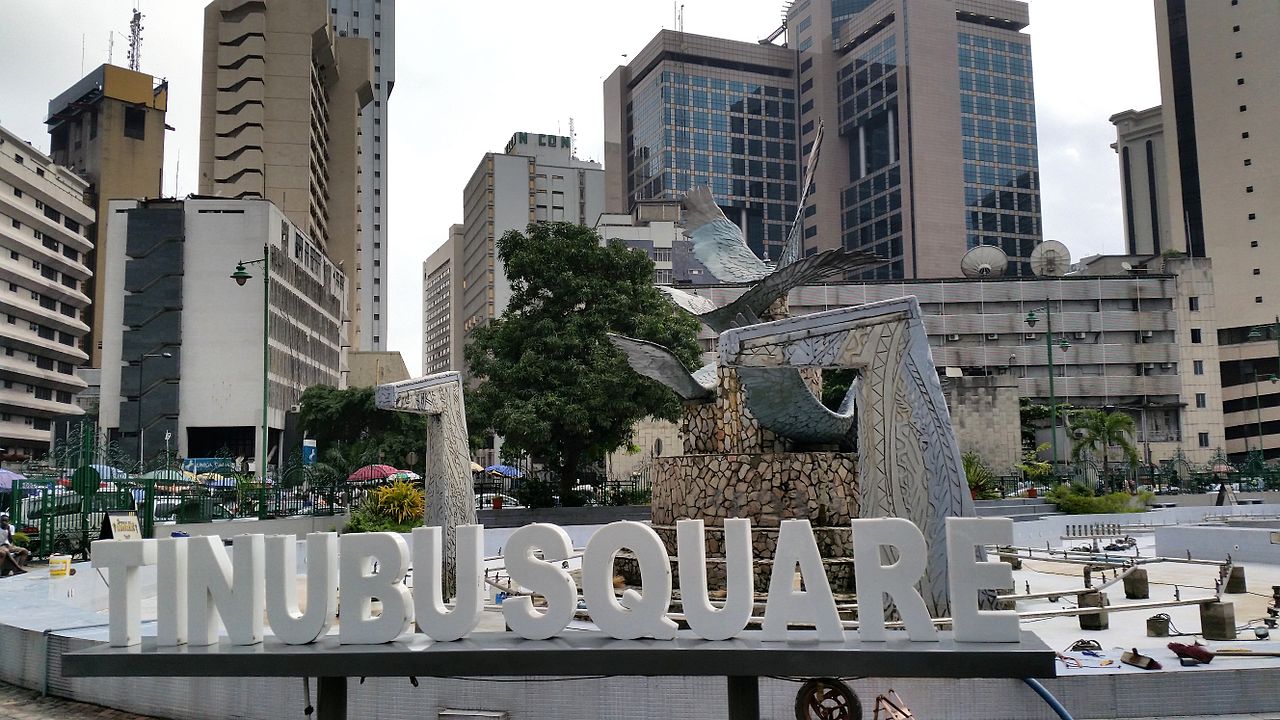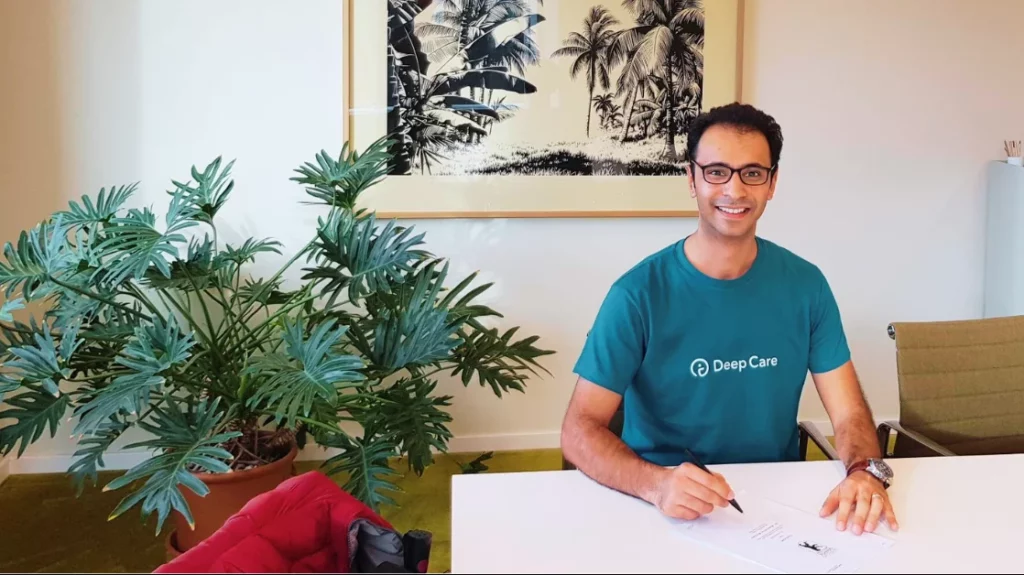Breaking the chain of unsuccessful economic quarters, Nigeria rejoices as it officially ends its worst recession in 29 years. Among several economic improvements, startups contribute to the nation’s success.
A report by VC4Africa shows that 71% of surveyed african startups are already generating revenue, but more importantly, places Nigeria as the leading African ecosystem for startups, with Nigerian-based startups receiving 90 investments, compared to 52 last year. Disrupt Africa also reports Nigeria as the second most-backed African startup ecosystem.

Okeke Vincent Chidozie, CEO at DOVICHI
Among the rising projects is DoviLearn, founded by Nigerian startup Dovichi Services – which focuses on education, as it is one of the most fundamental factors for economic growth. The platform not only focuses on academics, but also provides courses and training, aiming to develop the nation’s workforce in order to help push the country’s economy.
“The idea for DoviLearn came after several direct involvement in physical trainings; some as attendee, while some as host/organizer. I discovered physical trainings even though great, but had their limitations and constraints,” reports Okeke Vincent Chidozie, founder and CEO of Dovichi to The Daily Post.
On the recreational side, a Nigerian startup under the name of Publiseer provides authors and artists a chance to have their work seen by the rest of the world. The platform allows said artists and authors to publish their work on Amazon, Play Store and Apple store – free-of-charge, while paying them $1 in royalties for every copy sold.
“Most talents die when their work lies around with them, unknown and undiscovered. Publiseer wants to give them their first step, so that all they can worry about is getting their work marketed. And they don’t lose money marketing because their work is everywhere for everyone who is interested in it to purchase a copy,” said Co-founder Chidi Nwaogu to Disrupt Africa.
While the startup faces already-established competition, like Bookbaby and CDBaby, Nwaogu stresses on how the Nigerian artist struggles to afford the competition’s prices.
“Many people in Nigeria live under a dollar per day and they cannot afford to publish their works. Usually these works are breathtaking and these people are talented, but their talent wastes away because they don’t have the money to publish,” said Nwaogu.
The emergence of successful Nigerian startups doesn’t come as a shock when one realizes the amount of investments pumped into the country. Seni Sulyman, country director at African coding accelerator Andela reports that “investor interest is absolutely increasing – the data shows that capital deployed is increasing every year. There is also an increasing number of top-tier international investors expressing an interest in understanding the Nigerian tech market,” referring to the $24 million his company acquired in Series B funding last year, thanks to the Chan Zuckerberg initiative.










